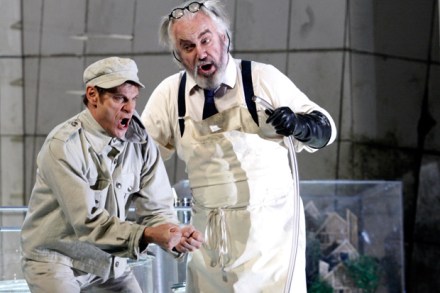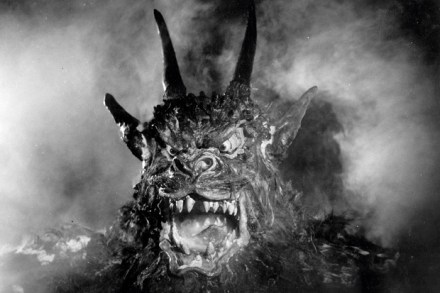Keith Warner’s Wozzeck doesn’t make me as angry as it used to
When Keith Warner’s production of Berg’s Wozzeck was first produced at the Royal Opera, nine years ago, it made me more angry than any that I had ever seen. At its first revival in 2006, my response was milder, though still outraged. Now, on its third outing, I mind it even less, partly because the musical performance is so strong. Warner has returned to oversee this revival, which, if memory serves, is little different from the last one, so he still regards Wozzeck as the portrayal of an experiment, with Wozzeck as the guinea pig, and the rest of the cast, with minor exceptions, as his tormenting experimenters. Most of


















